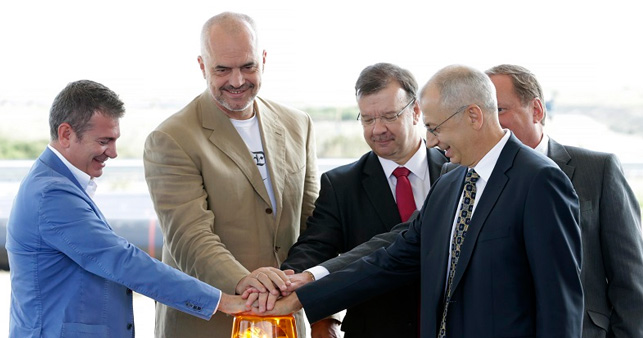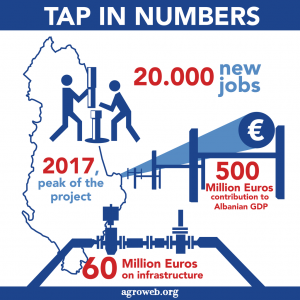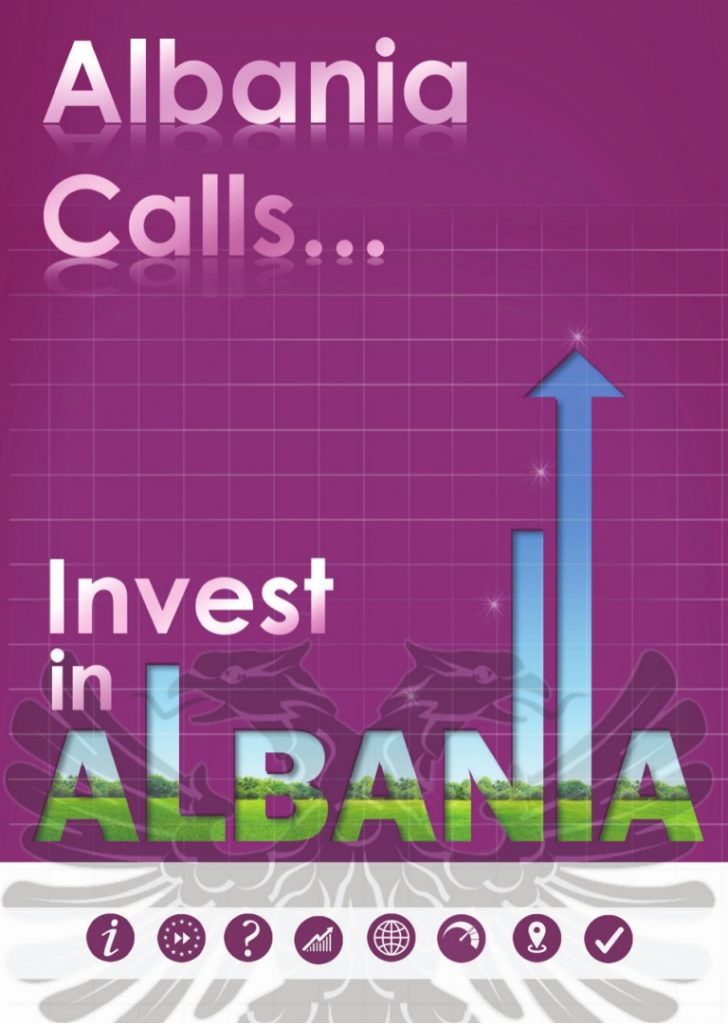Regardless of signs of recovery, Albania’s economic development remains below the pre-crisis levels. In the past few decades, its economy has witnessed a shift from the agricultural sector toward industrial, confirming SME development. In the early 2000s, it had a booming economy with annual growth rates of 6% and SME turnover increasing at double-digit rates. However, this was soon interrupted by 2008-10 global economic crises. As a result, GDP growth rates halved and the country suffered from Euro-zone crisis. It is assumed that if Albania wants to increase its GDP and enter the EU, it should strengthen the private sector. Also, Albania should boost competiveness regionally and beyond. Considering that, EBRD is all set to support the Adriatic-ionian highway, aiming at linking Croatia to Greece.
Since Albania is located right in the middle of the Western Balkans, it can be well linked to the European Union. Western Balkans has been a prominent driving force behind economic as well as structural reforms for most countries. This is because of its strategic location forming a trade link with the Adriatic and the European Union. Therefore, this is the just the right opportunity for Albania that needs to be seized. Significantly, the regional economic prospects with 2.5% GDP growth in Albania can be increased to a great extent. However, this can be only done when the SMEs are promoted well. Besides, the competition between each business should be encouraged, so that they work more to increase the Gross Domestic Product. This can be done with more funding and providing sufficient resources.




